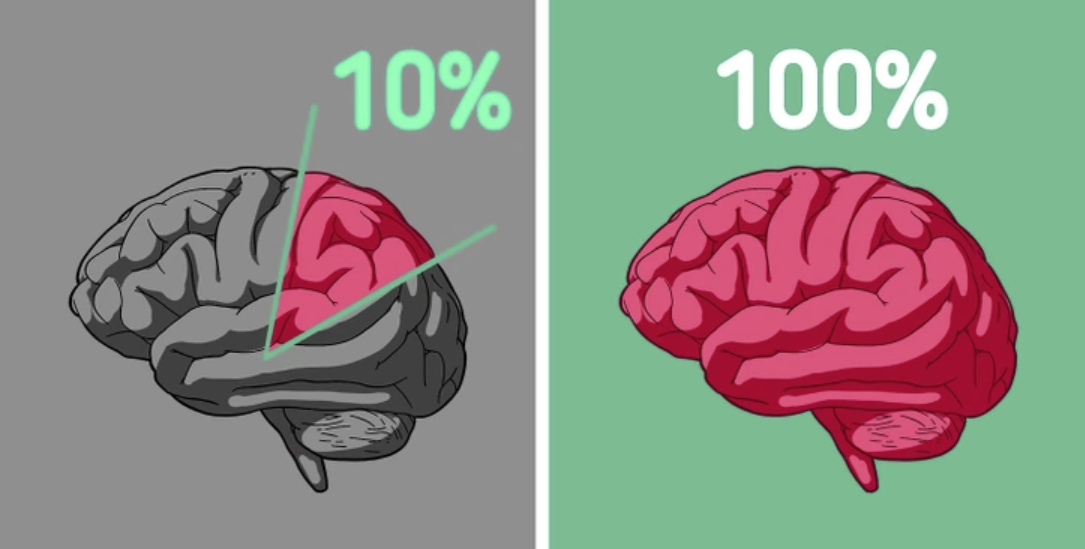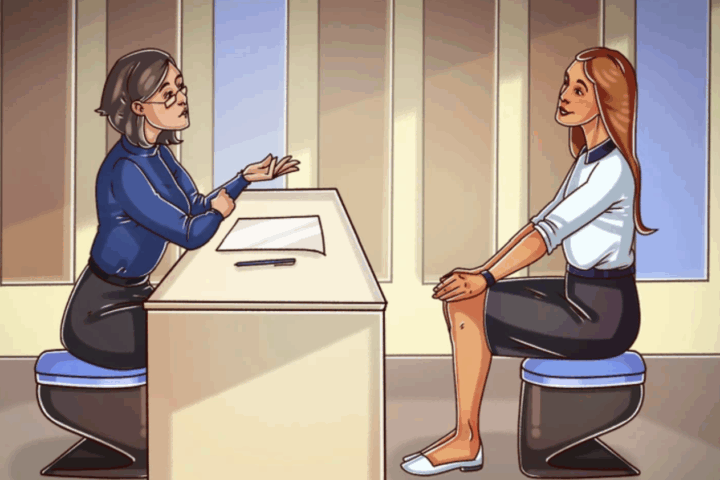“Theory without action is an illusion. Action without theory is anarchic.” This post is intended for you if you want to learn new things effectively.
The meaning is obvious: a variety of information and knowledge that is abundantly available in the internet world, and we can chew freely, will never turn into magical powers if then only contemplated and daydreamed.
A number of people are often trapped in this knowledge consumption trap. They learn a lot of information via online, attend various seminars and workshops, or also join various online groups, to increase their knowledge. However, they are rarely accompanied by the perseverance to put what they have learned into practice. As a result, all those pieces of knowledge often just evaporate in the foam of a mirage.
Here, a number of people often misinterpret the concept of motion with action. Motion means feeling started to act and do something. For example, yes that was earlier: starting to move actively reading various information to increase knowledge insight. Constantly hunting for new information to always be at the fore.
But all of this is motion. No action yet. Thought with just motion, everything will change by itself. People who immerse themselves in motion feel that they have taken real action. But again, all of this will not have an impact without being accompanied by concrete action. Without accompanied by action or practice to apply all the knowledge that has been learned, the results are still far from expectations.
Action is The Key to Learn New Things Effectively
On the other hand, immediately taking action without a theoretical foundation or a good initial understanding will also usually lead to anarchy. That is, the action is not directed and the impact is less effective. Without clear conceptual guidelines, we often take various actions that are not directed, and simply cannot produce the impact we expect.
That’s why we need to do both at the same time: learn the concept, and then put it into practice. Then repeat many times consistently.
For example, if you want to learn how to make copywriting (promotional materials or words) to market your services, then you must first read various guides on the internet. After that you have to take real action by making copywriting. Try, then repeat again many times until you find the most effective promotional formula.
Or for example, you want to learn your skills effectively on how to do FB Advertising. You need to first read the various guides on the internet or also via the official Facebook guide page. Currently FB provides a free guide of up to hundreds of pages. Don’t ask where the guide is. Just point your finger at Google and type the word : FB ad guide.
After studying it, yes, then it must be accompanied by practice and practice so that the knowledge is more attached to our minds.
There is a learning proverb that goes like this: “I Hear and I Forget, I See and I Remember, I Do and I Understand”.
This means that only by “doing” or doing it for real, then you will really understand and master the skills you want to develop.
The process of practice or learning by doing will be more effective if we use the following two principles:
- Start small
- Progress principle
Start Small
Start small means that you start the practice process with small goals or small steps. Studies in the science of behavior change show you have a better chance of successfully pursuing a commitment, if the initial action is small or relatively easy to reach.
Here you can set a target that is small and relatively affordable with the resources you have.
Some people are sometimes afraid to start something because they immediately feel daunted by the various complexities imagined. What was in his head, immediately imagined complex and complicated things. This is a wrong understanding.
Start from Something Simple & Basic
Because all skills always start from something simple and basic. All masters that exist today were also once newbies. No one suddenly becomes an expert. Everything is done in stages, Everything starts with simple steps at the beginning.
Remember, an action plan that is simple and simple but implemented is still far more valuable than a heroic action plan that is not executed at all.
Therefore, now you try to reflect: what skills you want to start developing, and then what small actions will you start practicing?
Set an action plan that is simple and relatively easy for you to do. Take small steps, make tiny steps. This simple and simple practice will slowly lead you to a substantial skill improvement.
Examples of small actions that can be used as a habit, for example: every night at 8, we will spend just 15 minutes to learn about the skills effectively. Just 15 minutes. This small action if done regularly will have a big impact.
Or another small action example: for example every Sunday morning, for 60 minutes you will practice honing skills. For instance, writing skills, skills about online marketing, or any skills you want to master). Just do it every weekend. Then slowly grow the frequency and scale if you feel you can do it regularly.
Progress Principle
The second principle in the practice process for skills improvement is that we must understand the Progress Principle.
A study conducted by Professor Teresa Amabile of Harvard Business School in her book The Progress Principle, 2011), mentions something worth remembering.
She wrote that the most powerful motivator component to make a person keep moving forward is when she feels a meaningful progress in the activities she is doing.
In other words, a person will continue to be enthusiastic about taking action consistently if in the process they can always feel the progress of progress in the activities undergoing.
Bottom Line
And right there, the first principle of Start Small (Make Small Actions) rediscovers its magical power. The point is: by setting a small, small and relatively affordable action target, then you will most likely be able to live it and exceed it.
And because you managed to live it, then at that very moment you will feel the meaningful progress of what you are doing.
Simple action targets will make you more likely to exceed them, and because of that you will then feel the progress. This feeling will have a positive impact on your enthusiasm for the next action.
That is the beauty of small steps and tiny actions. This principle will make us slowly master the skills dramatically.






